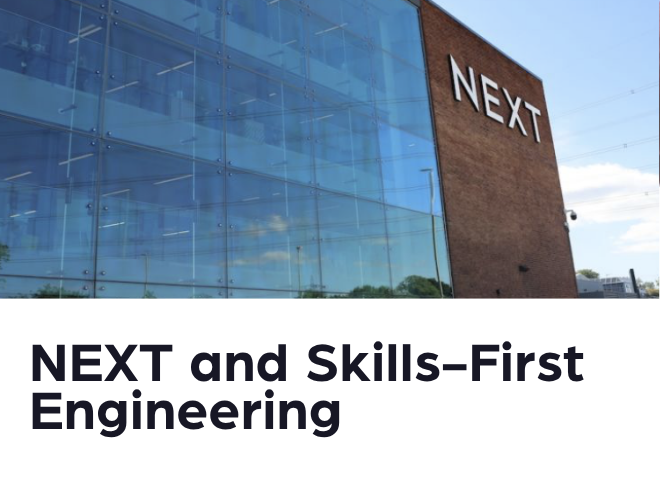Finding a fulfilling career after military service isn’t always straightforward. You want a role that aligns with your skills, passions, and values, but how do you identify the perfect fit? Enter the Ikigai model, a Japanese concept that can help you discover your "reason for being" and guide you toward a meaningful post-military career.
Why Ikigai Works for Veterans
As a veteran, you bring a unique skill set to the table; leadership, resilience, and a strong sense of purpose. These attributes align well with the Ikigai framework, making it an excellent tool for career transition. Plus, your experience with structured planning and lifelong learning makes you well-equipped to navigate the self-discovery process.
Let’s break it down.
Understanding Ikigai
Ikigai is the intersection of four elements:
- What you love (your passion)
- What you're good at (your skills)
- What the world needs (societal value)
- What you can be paid for (economic viability)
For veterans, this model offers a structured way to reflect on your military experience and align it with civilian career opportunities.
Self-Discovery and Reflection
Start by exploring each element of the Ikigai model:
What You Love
- Reflect on aspects of your military service that you enjoyed most
- Consider hobbies or interests you've developed outside of your service
- Think about causes or missions that ignite your passion
What You're Good At
- List the skills you've honed during your military career (leadership, problem-solving, adaptability, etc.)
- Include technical skills specific to your role in the military
- Don't forget soft skills like teamwork and communication
What the World Needs
- Research growing industries and societal challenges (we’ve got lots of blogs on this if you’d like more insights)
- Consider how your military experience might address current global issues, especially useful for finding your purpose.
- Look into sectors where your skills are in high demand.
What You Can Be Paid For
- Research salary ranges for various careers that interest you
- Consider the economic viability of different industries in your desired location
- Think about the lifestyle you want and the income required to support it
Tip: Use a whiteboard or digital tool like Miro to visually map out these elements. Seeing everything laid out can help you identify patterns and connections.
[RESOURCE]
Exploration and Networking
Once you’ve reflected on each element, it’s time to explore where they intersect:
- Join veteran networking groups and attend career fairs.
- Connect with fellow veterans who have successfully transitioned into civilian careers on LinkedIn and Redeployable.
- Seek informational interviews with professionals in your target fields.
- Use Redeployable to gain insights into various career paths.
Remember: Networking isn’t just about finding job opportunities, it’s about gathering information to refine your Ikigai.
Skill Development and Alignment
As you narrow down your focus, align your skills with potential career paths:
- Identify any skill gaps between your military experience and your target civilian roles.
- Take relevant courses or certifications to bridge these gaps.
- Seek volunteer opportunities or internships to apply your skills in a civilian context.
- Translate your military achievements into civilian terms.
Tip: Update your LinkedIn profile to reflect your evolving career goals and newly acquired skills. Use language that resonates with your target industry. (Check out our article on personal branding for more tips!)
Targeted Action and Application
With a clearer picture of your Ikigai, it’s time to take focused action:
- Refine your resume and cover letter to align with your Ikigai elements.
- Apply for positions that match your skills, passions, and financial needs.
- Prepare for interviews by crafting stories that demonstrate how your military experience aligns with your new career path.
- Consider entrepreneurship if your Ikigai points toward creating your own opportunity.
Remember: Finding your Ikigai is an ongoing process. Be prepared to adjust and refine as you gain more experience in the civilian world.
Your Next Mission
Applying the Ikigai model to your career transition isn’t just about finding a job, it’s about discovering a new sense of purpose that honors your military service while embracing your civilian future. By thoughtfully considering what you love, what you’re good at, what the world needs, and what you can be paid for, you’re setting yourself up for a fulfilling second career.
Your military service has given you a unique perspective and valuable skills. Now, it’s time to deploy those assets in a new context. Whether you find your Ikigai in corporate leadership, entrepreneurship, or public service, embrace the process, stay open to opportunities, and trust in the resilience you’ve developed throughout your military career.
[CALLOUT]





.png)
.avif)


